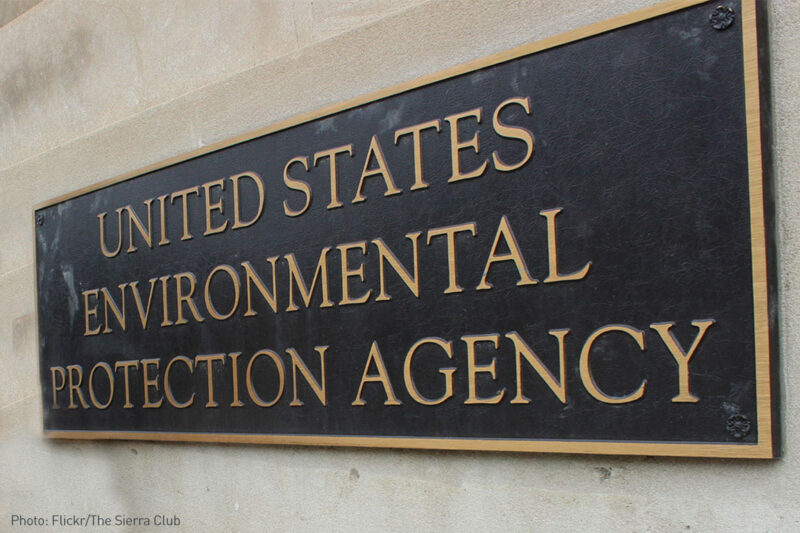
In the midst of of a clampdown on federal agenciesโ public communications by the Trump administration, lots of people are asking about what rights federal government employees have to continue speaking to the public. The short answer? It depends.
The new administration is entitled to use the official channels of government โ whether they be press briefings or websites or social media accounts โ to put out its own messages, and it can decide what federal employees are allowed to communicate when they are on the job. But the First Amendment still protects those employeesโ ability to speak in their private capacities, on their own time, about matters that concern the public.
At the moment, different federal agencies have reportedly imposed different restrictions, from the Department of Agriculture to the Environmental Protection Agency. These restrictions vary, from to preventing communications with . It is unclear how long the freezes will last or whether some of the directives were .
Itโs certainly understandable why many people are alarmed over communications bans on the important work of our federal agencies, particularly where the public about critical government functions. However, one of the consequences of the election is that the new administration now controls what federal agencies say and what side of an issue they take in a debate about, for example, climate change or reproductive rights.
What the government cannot do is impose an overbroad muzzle on its employees that prevents them from speaking out at all.
What do federal employees remain free to say? The Supreme Court has stated clearly that public employees cannot be fired for as s. Practically speaking, this means that โ with the possible exception of certain high-ranking government officials โ an employee can speak on personal time and in a personal capacity about matters that affect the public. Their protections are strongest when they are speaking about issues that do not relate to their job duties. For example, a scientist who works at the Environmental Protection Agency is free to research and write academic papers on her own time, which she can then publish under her own name. A State Department employee can attend a local school board meeting and express support for a measure being proposed. To the extent their speech meets the above requirements, employees can even speak anonymously. (One that launched last night seems to be run by a handful of National Park Service rangers apparently writing during their personal time.)
These are general rules, and there are exceptions, such as when an employeeโs speech causes disruption to the workplace. But properly construed, any exceptions should apply only in those cases where the governmentโs interest in carrying out its duties is truly impaired by what an employee has said.
The ภฯฐฤรลฟชฝฑฝแน๛ has repeatedly stood up for these principles, including recently in representing the former chief prosecutor for the Guantรกnamo military commissions who was fired from his job at the Congressional Research Service because of opinion pieces he wrote about Guantรกnamo that ran in The Wall Street Journal and The Washington Post. That case demonstrated the importance of maintaining ample breathing room for public employees to speak: They are often the ones with the most relevant expertise and intimate knowledge of how government works, and can bring a unique perspective to public debate about critical issues.
For these reasons, it is essential that courts continue to robustly protect public employeesโ ability to speak out โ not only because they do not surrender their First Amendment rights when they take on government employment, but also because the public needs to hear their voices.
The administration may be able to control certain official communications channels, but the public isnโt powerless. We can pressure elected officials to be more transparent. We can support independent journalism and nongovernmental organizations that defend whistleblowers.
Our values of open government, transparency, and democratic accountability depend on it.


